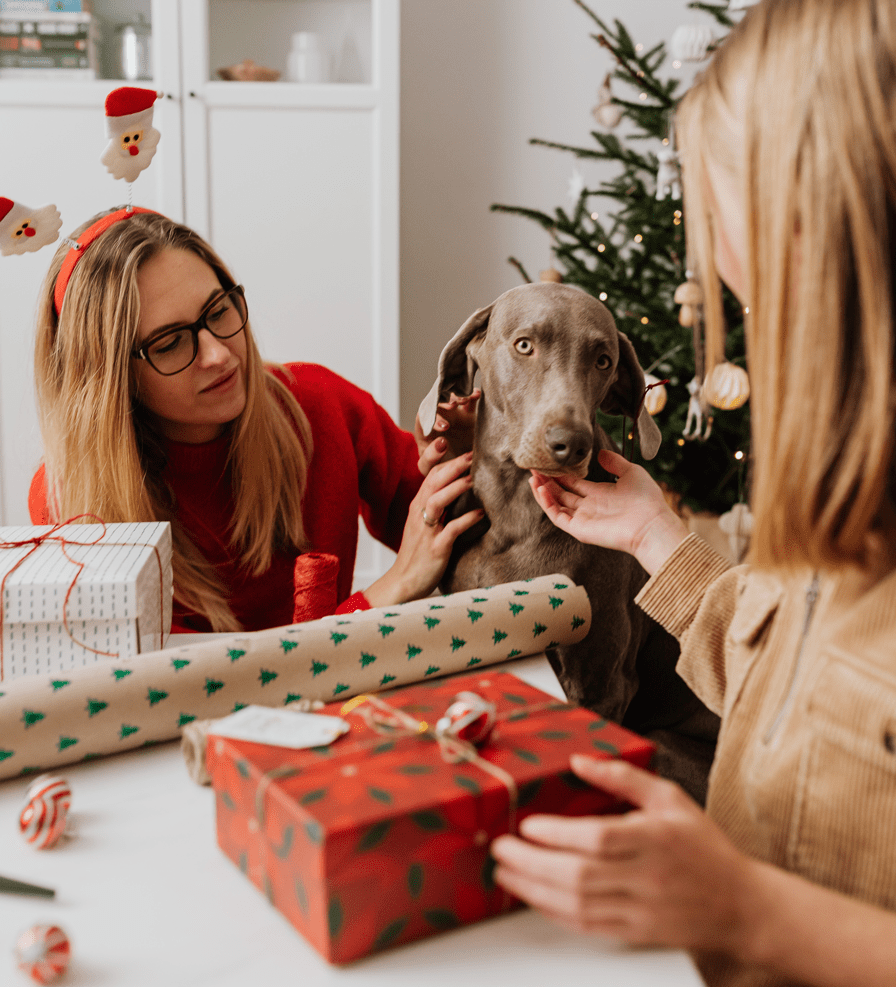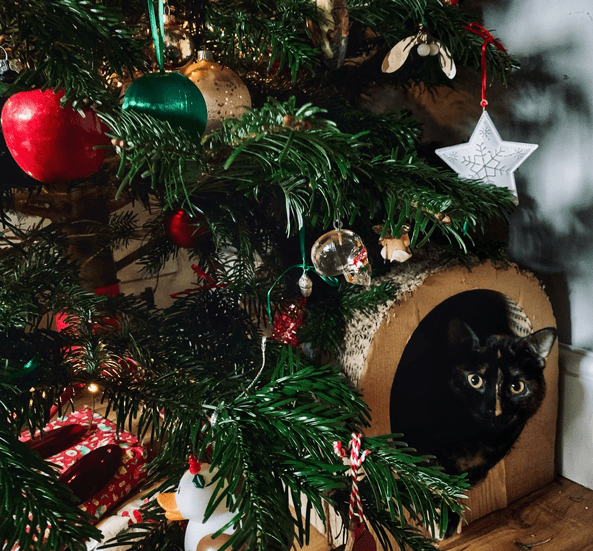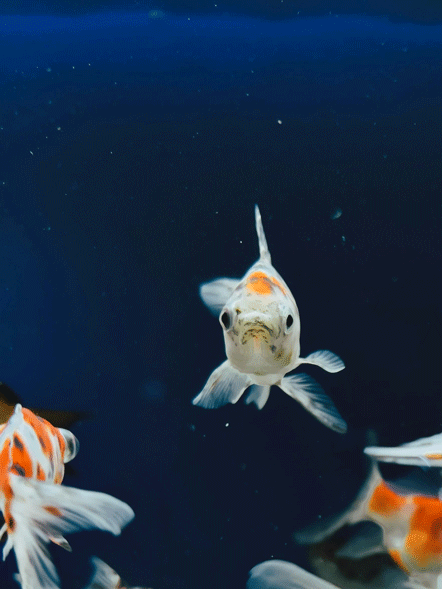Festive Watch Outs: Look after your pet this holiday season
The Festive holiday season is a time to gather with family and friends. However, while we are focused on entertaining relatives and preparing the next celebratory meal, our pets can find their routines disrupted. At this time of year, our homes may also be filled with additional hazards for our pets. Some decorations, plants and indulgent human food, may be toxic for our pets.
To ensure a happy and stress-free holiday season for both your pets and your family, it’s crucial to remain mindful of their wellbeing. Here are our top tips:
Beware Chocolate and Sweets:
Over the festive season, it may be more tempting to give your pet a human food treat. However, foods such as raisins, grapes, onions, garlic and chocolate can be toxic for pets. Even small amounts of chocolate can be extremely dangerous causing vomiting, diarrhoea and sometimes more severe problems.

Avoid Raisins and some nuts:
Grapes and their dried variants, such as currants, sultanas, and raisins, as well as macademia nuts, pose severe health risks to dogs. These ingredients are commonly found in Christmas favourites like fruitcake, pudding, and mince pies. Onions are another potential hazard as they can upset a pet’s stomach.
Keep Alcohol Away:
Pets can be affected by alcohol in much the same way as humans, resulting in symptoms such as wobbliness and drowsiness. In severe cases, it can be highly toxic. Keep pets away from any unattended glasses of alcohol left around during the festive season.
Mind Human Food left overs:
Human food, especially the rich and fatty dishes typically enjoyed during the holidays, can lead to sickness and digestive problems. Additionally, cooked bones can splinter and puncture the digestive tract. If you want to treat your pet, choose specially formulated commercial treats. It is recommended that no more than 10% of a pet’s calorific intake over a week or day come from treats.

Carefully locate Decorations and Gifts:
Curious pets might see festive decorations like baubles, tinsel, tree lights, wrapping paper, and ribbons as enticing playthings. However, these items can be dangerous if broken and if ingested can lead to blockages in a pet’s digestive system, which may require surgical intervention. Lit candles and open flames can also pose a fire hazard.
Beware Poisonous Plants:
Several common holiday plants, including poinsettias, holly, mistletoe, and ivy, can be toxic to cats and dogs, often causing stomach upset and other health problems. Additionally, be cautious of the sharp needles on Christmas trees.
Protect from Loud Noises and Fireworks:
Fireworks and loud holiday parties can be frightening for pets. Create a quiet, safe space for them to retreat to, and consider playing soothing music or using white noise to drown out loud sounds.
Manage Visitors in the house:
Some pets may become anxious or stressed with a lot of visitors. If you have a houseful of relatives, ensure your pet has a quiet space where they can retreat if they feel overwhelmed. Remind guests not to feed your pets any table scraps and to be cautious when opening doors, as pets may try to escape.
Seek Veterinary Care:
While we can do our best to pet-proof our homes during the holiday season, accidents can still happen. If you ever suspect that your pet has ingested something harmful, consult your veterinarian immediately. Rapid intervention can make all the difference in ensuring a happy and healthy holiday season for your pets.

Please remember that pets are for life and not just for Christmas. Having a pet is a great responsibility. If you are considering a new dog, cat, small mammal or bird, then please do your research and remember it is a long-term commitment. Please read our previous blog on ‘Getting a pet responsibly’ for more advice.


